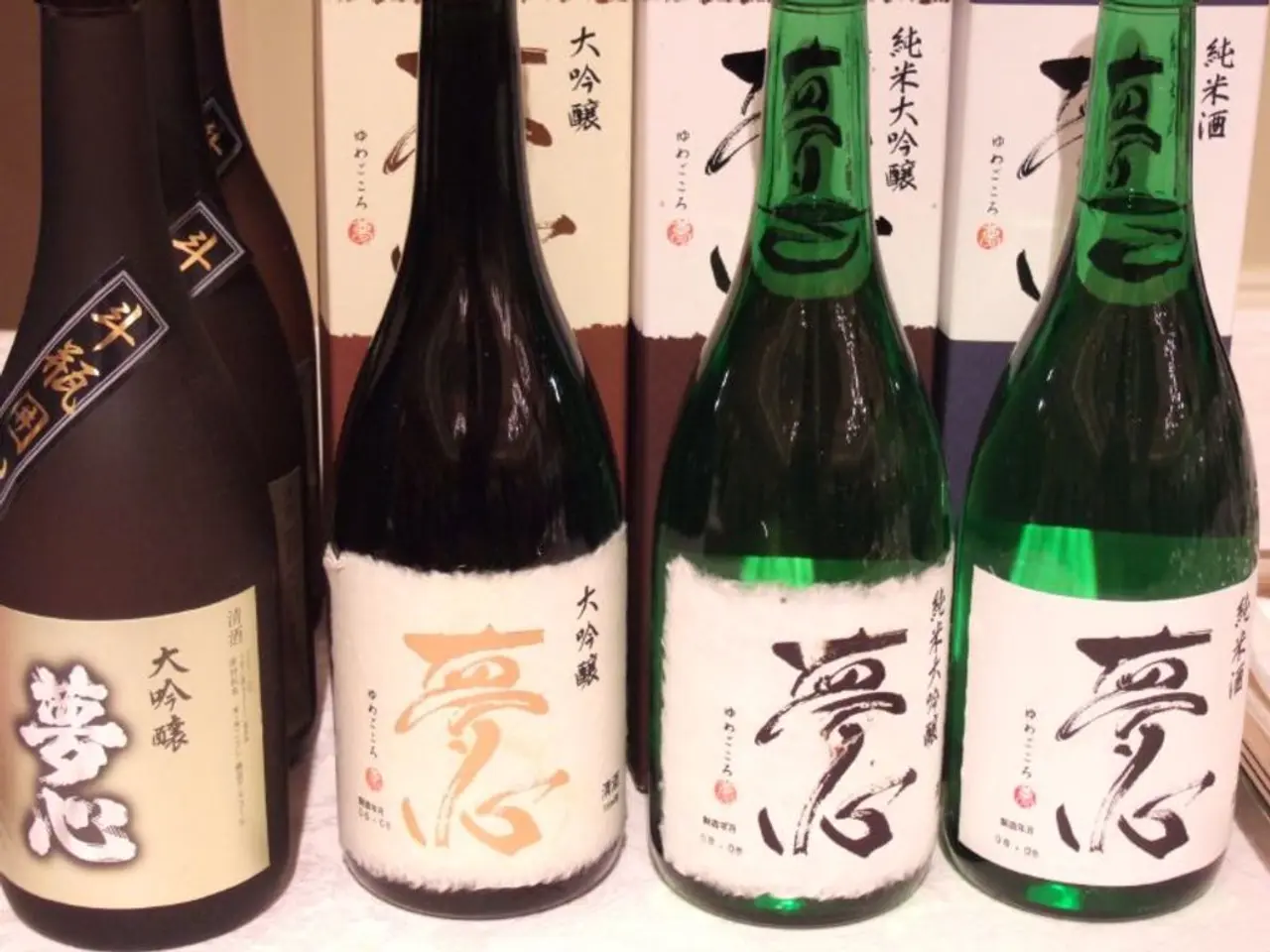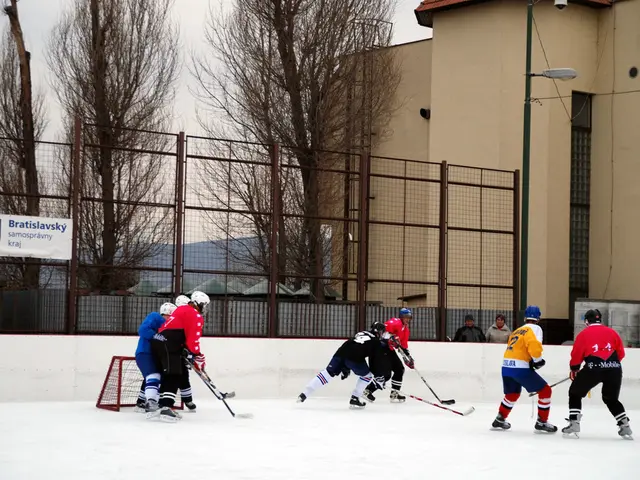Ways to boost grape farming amidst difficult circumstances
In the heart of Germany, the state of Baden-Württemberg has taken significant steps to bolster its wine industry, which is currently facing numerous challenges. Minister Peter Hauk, the Minister of Food, Rural Areas, and Consumer Protection, launched the Immediate Program for Viticulture in January 2025, aiming to provide short-term relief to businesses and create reliable framework conditions for the future.
One of the key initiatives is the introduction of a mandatory levy for winemakers. This levy, due to be implemented in 2025, will finance marketing efforts under the title 'Naheliegender Programm für die Weinbaukultur.' The levy is expected to be a fee per hectare paid to a state-run marketing organization, a move necessitated by the past failures of voluntary funding models and the need for compulsory solidarity to support the regional wine industry amid global challenges.
The vineyards in Baden-Württemberg are in excellent health, boding well for an outstanding 2025 vintage. The mild temperatures and sufficient rainfall at the start of the year have set the stage for a promising year. The state government is also expanding the promotion of the Multi-peril insurance to include damage from hail and securing the Handarbeitsweinbau subsidy program in the long term.
The state government is working closely with the Württemberg and the Badischen Weinbauverband to develop an overall concept. Recognizing the importance of marketing, Minister Hauk emphasized that all parties must become stronger, especially in this area. To this end, the funding for the environmentally friendly method of controlling the grapevine moth using pheromones is doubled from 100 euros per hectare to 200 euros per hectare.
Baden-Württemberg is also supporting and accompanying three tourism projects to develop wine regions for visitors. The Weintourismus can provide additional income for wine-growing estates and promote wine sales. Domestic wine consumption, which accounts for approximately 40% of the wine consumed in the United States, is not decreasing due to quality issues. However, it is clear that marketing for domestic wine must be significantly increased.
In an effort to support small and smallest areas, the state government plans to expand the Förderprogramm für Agrarumwelt, Klimaschutz und Tierwohl (FAKT II) starting in 2026. This program will provide further Weinbausteillagen with 1,000 euros per hectare and year and support small structures. The subsidy for manual winegrowing is also increased from 3,000 euros per hectare to 5,000 euros per hectare.
Winegrowing parcels with a slope inclination of at least 30 percent will again be included in the funding. The state government's efforts are not limited to these measures; they are committed to reducing regulations, bureaucracy, and barriers to viticulture to foster a thriving wine industry in Baden-Württemberg.
Read also:
- United States tariffs pose a threat to India, necessitating the recruitment of adept negotiators or strategists, similar to those who had influenced Trump's decisions.
- Weekly happenings in the German Federal Parliament (Bundestag)
- Southwest region's most popular posts, accompanied by an inquiry:
- Discussion between Putin and Trump in Alaska could potentially overshadow Ukraine's concerns







